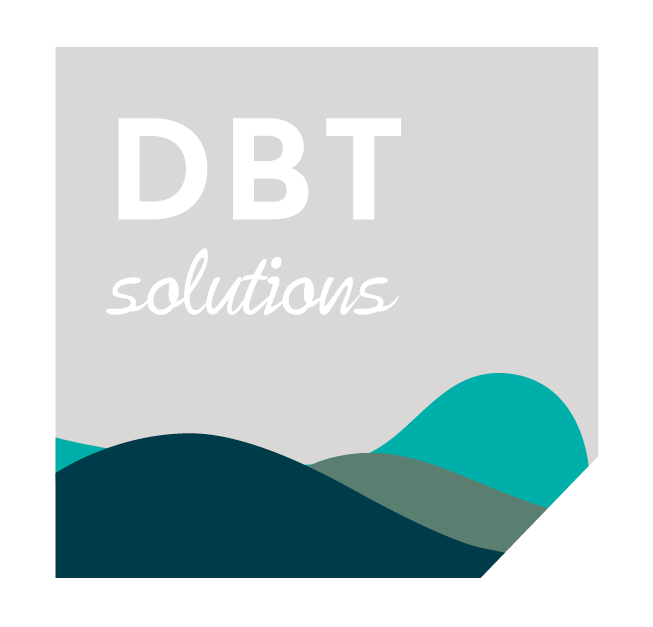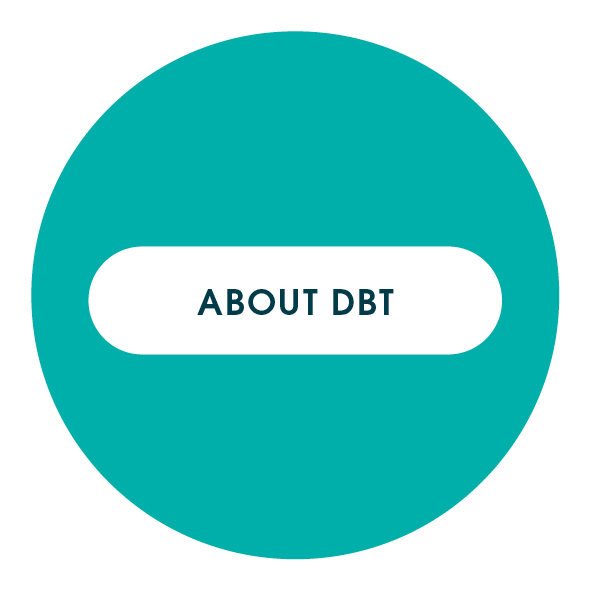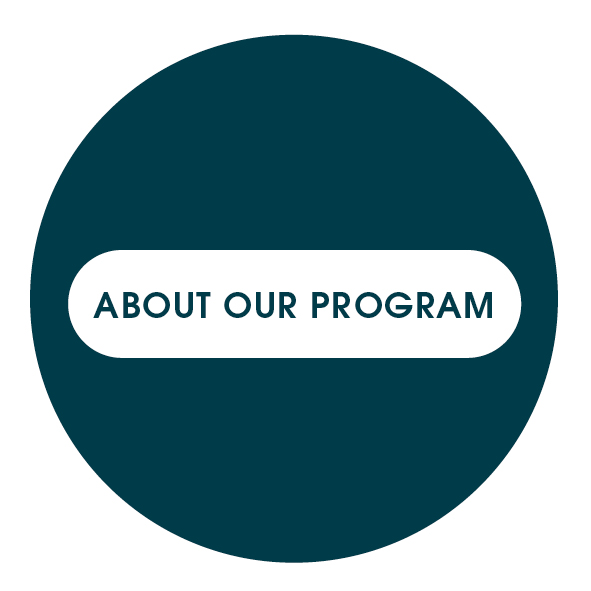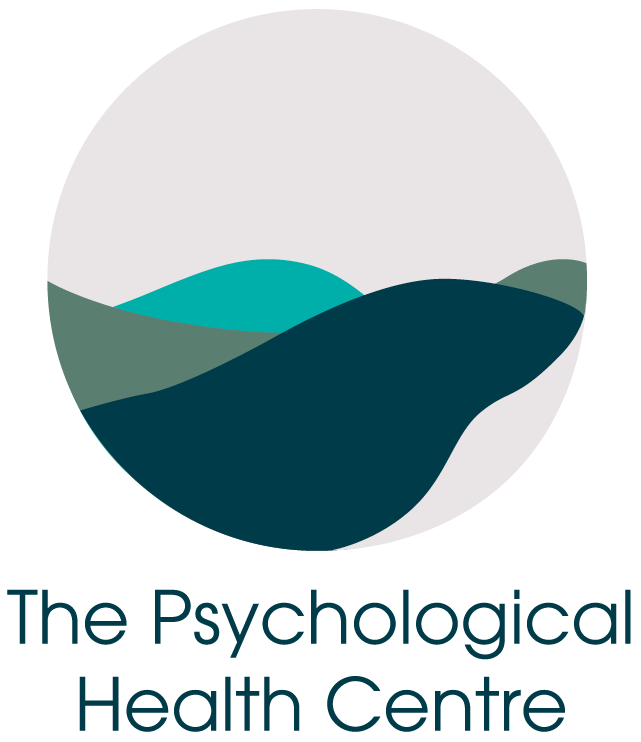Developed at the University of Washington by Marsha Linehan, PhD, ABPP, comprehensive Dialectical Behaviour Therapy (DBT) is an evidence-based treatment for people who have difficulty managing intense emotions.
DBT is “evidence-based” because there is a wealth of research that has demonstrated its effectiveness. The first randomised controlled trial (RCT) was published by Marsha Linehan in 1991. This study showed that DBT resulted in significant improvements for women diagnosed with borderline personality disorder and who were struggling with suicidal and self-harming behaviours.
Since then, DBT has been further researched for individuals with a range of mental health problems around the world including substance use, eating disorders, adolescents and more general problems with emotion dysregulation.

THE DBT APPROACH
What happens in DBT?
The therapist in DBT works with the client to combine elements of cognitive-behavioural techniques with mindfulness and acceptance-based strategies. DBT draws on the philosophical approach of dialectics. Dialectical philosophy is one that encourages participants to recognise the potential tensions in seemingly opposite points and to then develop skills for finding the way forward by drawing on the truth in each of these points. One example of a dialectical tension is finding the effective position between seeking to change and also accepting oneself.
DBT is also a behaviour therapy, so the focus is on identifying behaviours to change and behaviours to strengthen. In the individual sessions DBT therapists use self-monitoring and behavioural analysis to help participants identify problematic patterns of behaviour and integrate new skills learning with between session coaching to get the skills happening in daily life.


THE DBT SKILLS
DBT works with clients through personalised individual sessions and group-based skills training sessions to develop skills in the areas of:
- Mindfulness – Learn how to be more aware of emotions and reactions in situations so that you can make effective choices for building the life you want to live
- Distress Tolerance – Develop a toolbox of strategies for coping with strong emotions, urges and distress as they can at times be a part of building your life worth living
- Emotion Regulation – Understand the emotions you experience on a day-to-day basis, how to reduce your vulnerability to being overwhelmed by emotions, increase positive emotions and change emotions that you want to change
- Interpersonal Effectiveness – Learn how to manage relationships in positive ways that can increase your ability to get your needs met while maintaining health relationships and improving self respect
For more information on the DBT Solutions Program
DBT Solutions Pathway
An information sheet that explains the pathway from initial contact to completing the comprehensive program.
DBT Solutions Fees
An information sheet on the fees and potential rebates for the DBT Solutions Program.
LOCATIONS
Suite 501, 7 Oaks Avenue
Dee Why, 2099
Northern Beaches
OPENING HOURS
Monday to Friday
8.30am to 5pm
Psychological Health Centre 2017-2024. Designed By Lets Build a Website.





